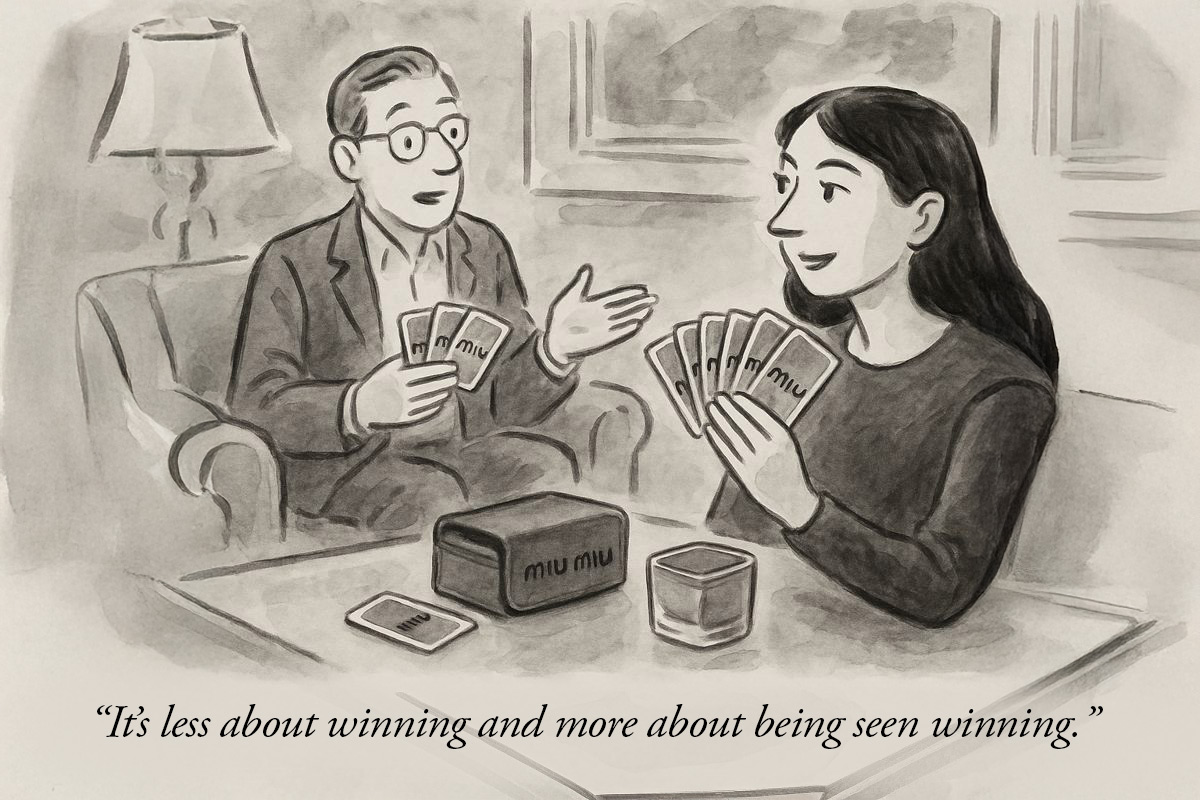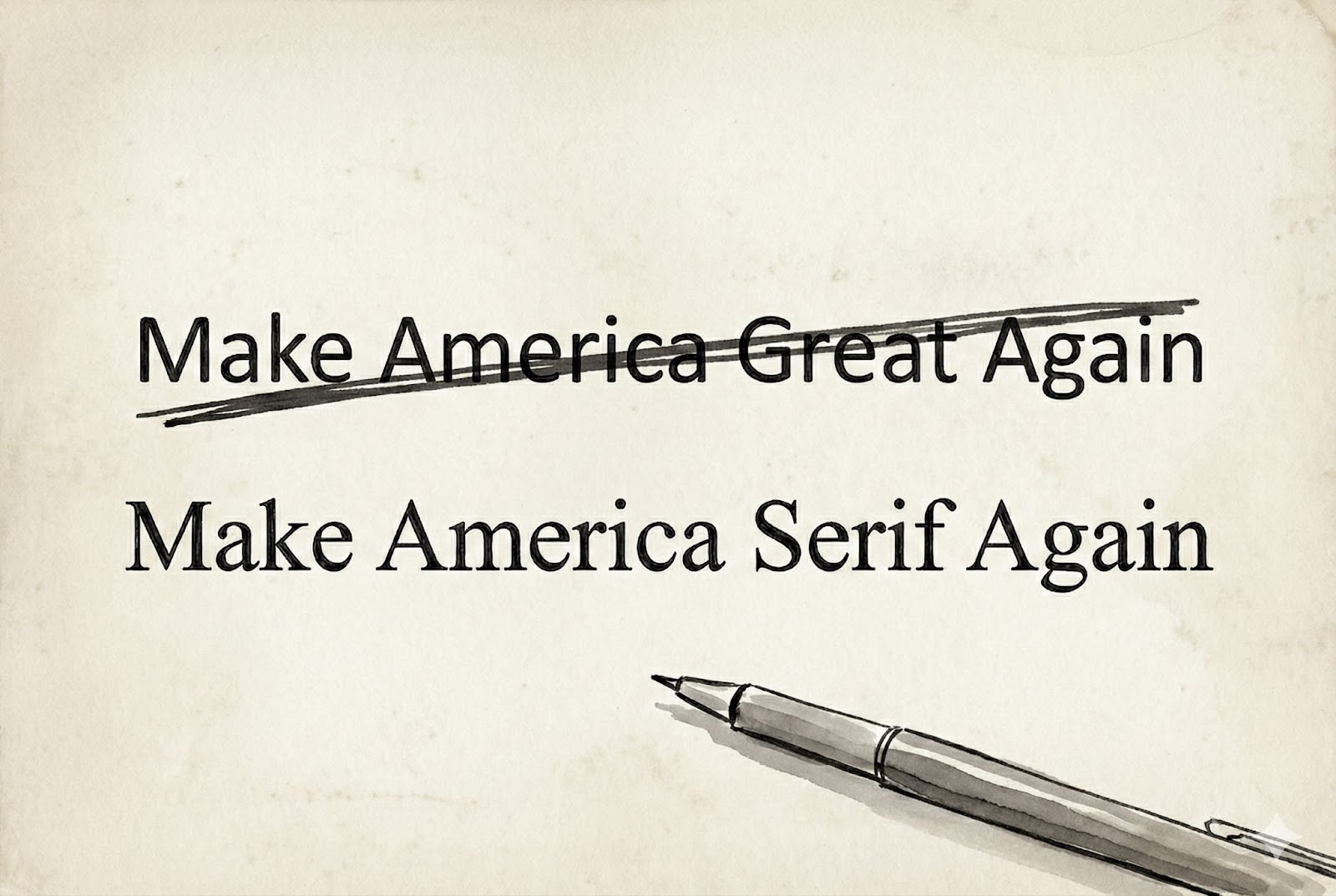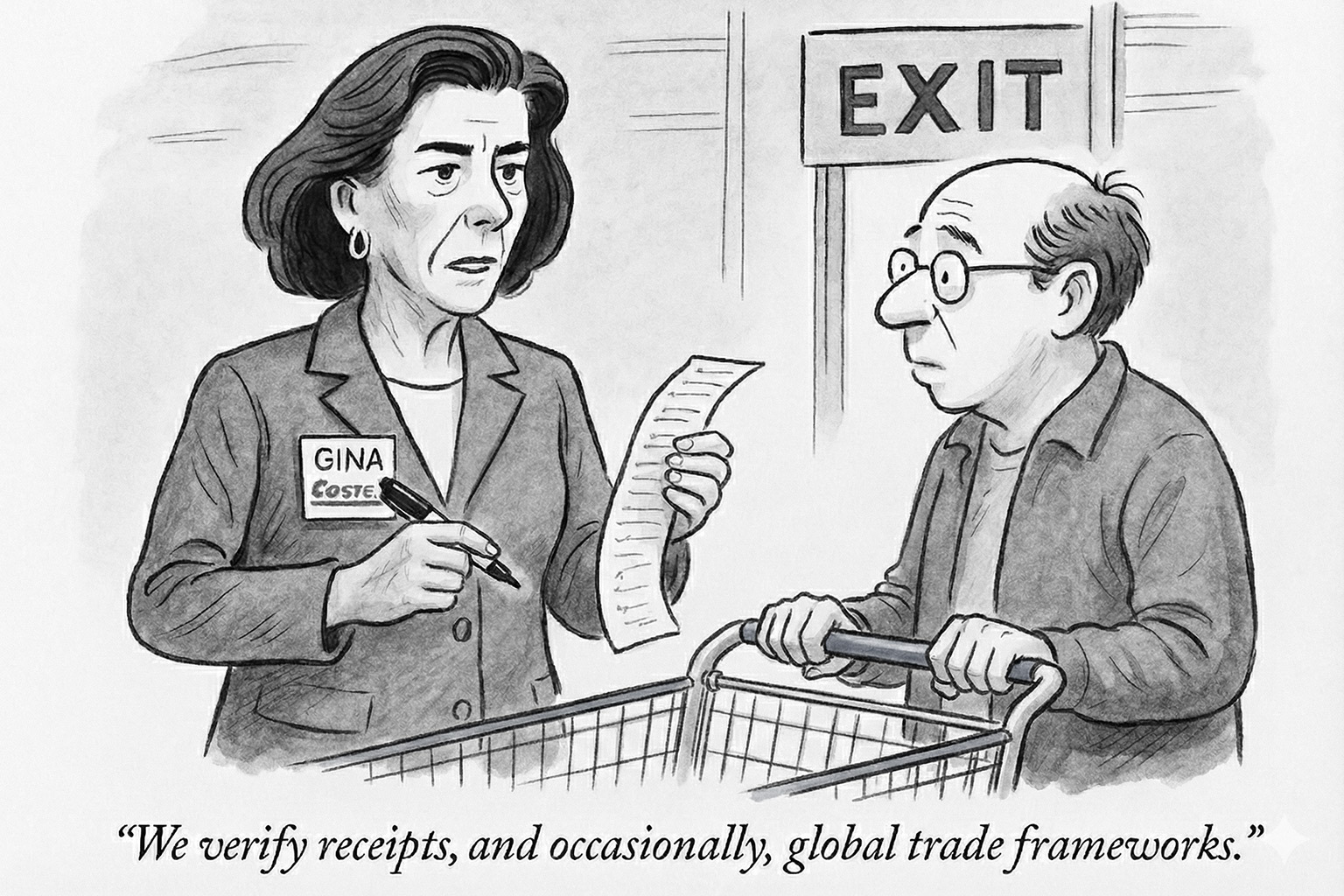
Alternate Wii-ality and the MiniDisc Revival

Welcome to Wednesday, Futurists.
What a night. 🌟 Thanks to the hundreds and hundreds of you who turned out last to the NeueHouse for the launch party of LORE, the third print annual from Future Commerce.📕
This 280-page tome is the product of thousands of person-hours in collaboration with dozens of creatives, writers, designers, artists, poets, and strategists. We are forever grateful to our community for what you bring to culture and commerce.
🔮 Pre-order your copy today, they’re shipping soon. Get on the day-one shipment list for LORE now.
More to come, including our recap video, stills from the evening, and a first-look inside the book.
— Phillip
P.S. Celebrity Packaged Goods founder Dhruv Patel has compiled three [1] vetted [2] lists [3] of organizations and resources that are in need of support for those impacted by the Altadena and Palisades fires in Los Angeles. Air filters/filtration units and battery backups/generators are in desperate need.


The MiniDisc Maximal. While the technorati chases the digital sublime, Sean Thielen-Esparza makes an analog argument for the imperfect, the “tactile, the real.” His MiniDisc revival isn't mere nostalgia—it's a thesis on how physical media might save us from our own metaverse.
Future Commerce predicted the return of the MiniDisc in VISIONS: Volume IV (view the Miro experience ungated)

Bigger, Bolder… Bluer. Walmart has refreshed its brand system for the first time since 2008. What it picks up along the way is a more flexible use of the mark, a bolder blue, and a weightier typeface. What does it lose? The now-iconic typeface that pays homage to Bob Bogle, the associate Sam Walton credited with naming the iconic retailer.
Say Hello to Athos Commerce. Search stalwarts Klevu and Searchspring unite under the Athos Commerce banner. Backed by PSG, a growth equity firm, the merger heralds the beginning of the commerce point-solution portion of our 2025 prediction that we’ll see an Age of Agglomeration as tooling consolidation becomes the siren song of the scaled web. For the unfamiliar, Athos is one of Dumas’ Three Musketeers.


The Cheapest Trick in The Rockies. Coors Light pretends to stumble into virality with a manufactured typo, launching "refershment[sic]" with all the sincerity of a corporate Twitter account saying, "We're listening." The "case of the Mondays" response feels as workshopped as a LinkedIn inspiration post.
Our Take: This isn't just another brand playing dumb - it's Cunningham's Law monetized and mainstreamed. The internet adage states that "the best way to get the right answer on the internet is not to ask a question; it's to post the wrong answer." Brands have learned that the fastest path to engagement isn't excellence, but error.
What began as forum flame-wars has evolved into a corporate strategy: intentionally seed "mistakes" that beg for correction, counting on the internet's insatiable urge to point out what's wrong. It's the same psychological lever that powers Fox News viewership - even hate-watching generates Nielsen ratings. Your anger is attention, and in the Attention Economy, the algorithm must be fed.
The true brilliance (or cynicism) lies in how this approach manufactures not just initial engagement, but a whole narrative arc: first comes the "mistake," then the pile-on, followed by the carefully calibrated brand response ("case of the Mondays" - how adorkably human!), and finally the meta-commentary about whether it was intentional. Each phase generates its own wave of engagement, with even the skeptics inadvertently amplifying the message.
Jaguar and Coca-Cola recently faced similar incidents, puzzling outrage that any sensible creative team would realize could provoke real-world reactions.
Just as commerce flows downstream from culture, advertising flows downstream from attention. In the race to the bottom of the engagement barrel, brands have discovered that rage-bait and reaction farming are more reliable than genuine connection. The only real mistake here is thinking we wouldn't notice the strategy.
Or is that now the playbook?

‘Where a Kid Can Be... Subscribed!’ Chuck E. Cheese emerges from bankruptcy with a decidedly 2025 playbook - trampolines, tiered subscriptions, and precisely zero animatronic bands. The chain that once sold pizza-adjacent memories now serves up something more zeitgeisty: a monthly membership to manufactured joy. With 400,000 subscribers already signed up for plans ranging from $7.99 to $29.99, it seems today's parents are happy to finance their children's nostalgia in installments; so much so, even millennials are joining in for birthday parties.
Starbucks Closes the Tab on Public Space. Don’t tell Jenny O’Dell: the coffee giant ends its open-door policy, marking an end to its experiment in corporate-funded commons. The chain that once championed itself as America's "third place" between work and home now demands a receipt for residence.


Altered Wiiality. A YouTube live stream of the Australian Open is replacing players in real-time with Nintendo Mii characters, thereby subverting broadcast rights issues that prevent them from airing the matches in their entirety. Similar experiments have been done in the past, with a Toy Story-skinned real-time simulcast of an Atlanta Falcons vs. Jacksonville Jaguars Game in 2023, and The Simpson-themed Funday Football.
The big takeaway: “Gaming aesthetics” will continue to consume other forms of entertainment as new consumers age into peak consumptive years. We forecast it will also creep into commerce.











.svg)
